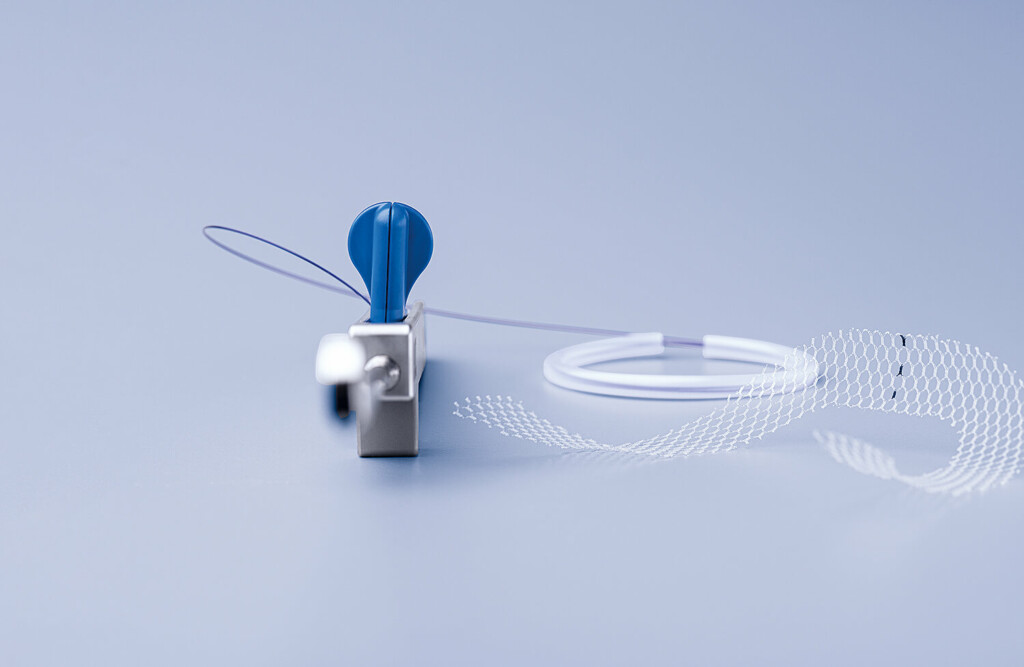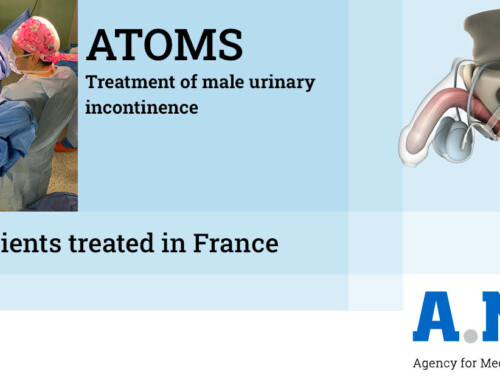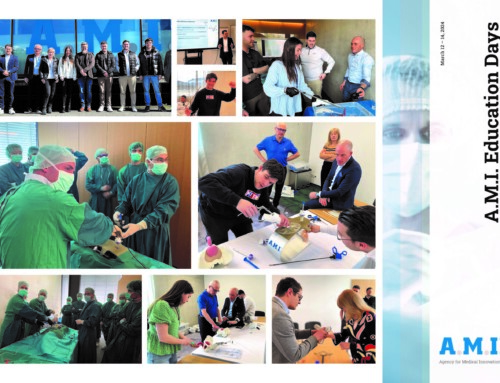
We are pleased to share the newest publication on treating pelvic organ prolapse with A.M.I.’s BSC Mesh!
Anatomical and functional outcomes after bilateral sacrospinous colposuspension (BSC) for the treatment of female genital prolapse
Wael Hosni, Carl-Michael Schmidt, Peter Mallmann and Sebastian Ludwig
A short overview of publication:
Hosni et al. BMC Urology (2023) 23:48 https://doi.org/10.1186/s12894-023-01213-w
Conclusion:
“This study highlights the functional and anatomical outcomes of the minimally invasive vaginal bilateral sacrospinal colposuspension with ultralight mesh for the management of apical prolapse.”
“The results of our study show that bilateral sacrospinous colposuspension is reproducible, minimal invasive, and results in high patient’s satisfaction.”
Postoperative results
“The one-year postoperative results of the proposed procedure reflect excellent outcomes with minimal complications.”
“There were not intra- or postoperative complications that required a surgical intervention or removal of mesh.”
“None of the 30 patients had complained of dyspareunia or had a mesh exposure in the 12 months postoperative period.”
Publication Facts:
-
Single-center study at Marienhospital Brühl, a teaching hospital of the University of Cologne, Germany
-
30 patients with average age of 64.73 who underwent vaginal bilateral sacrospinous colposuspension surgery with the ultralight implant and single incision technique
-
All patients included had significant vaginal, uterovaginal or cervical prolapse and were treated with the A.M.I. BSC Mesh
-
All patients were examined according to the POP-Q before surgery and were satisfied with the outcomes at the follow-time of 12 months.



